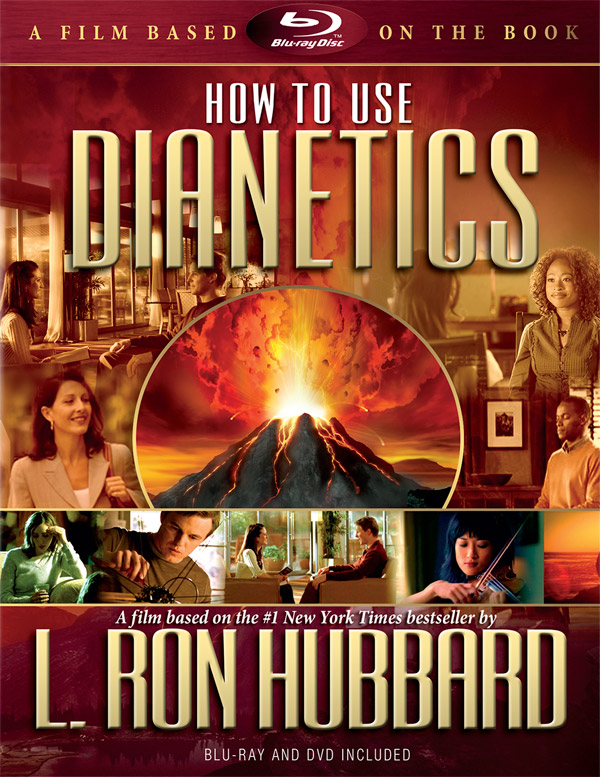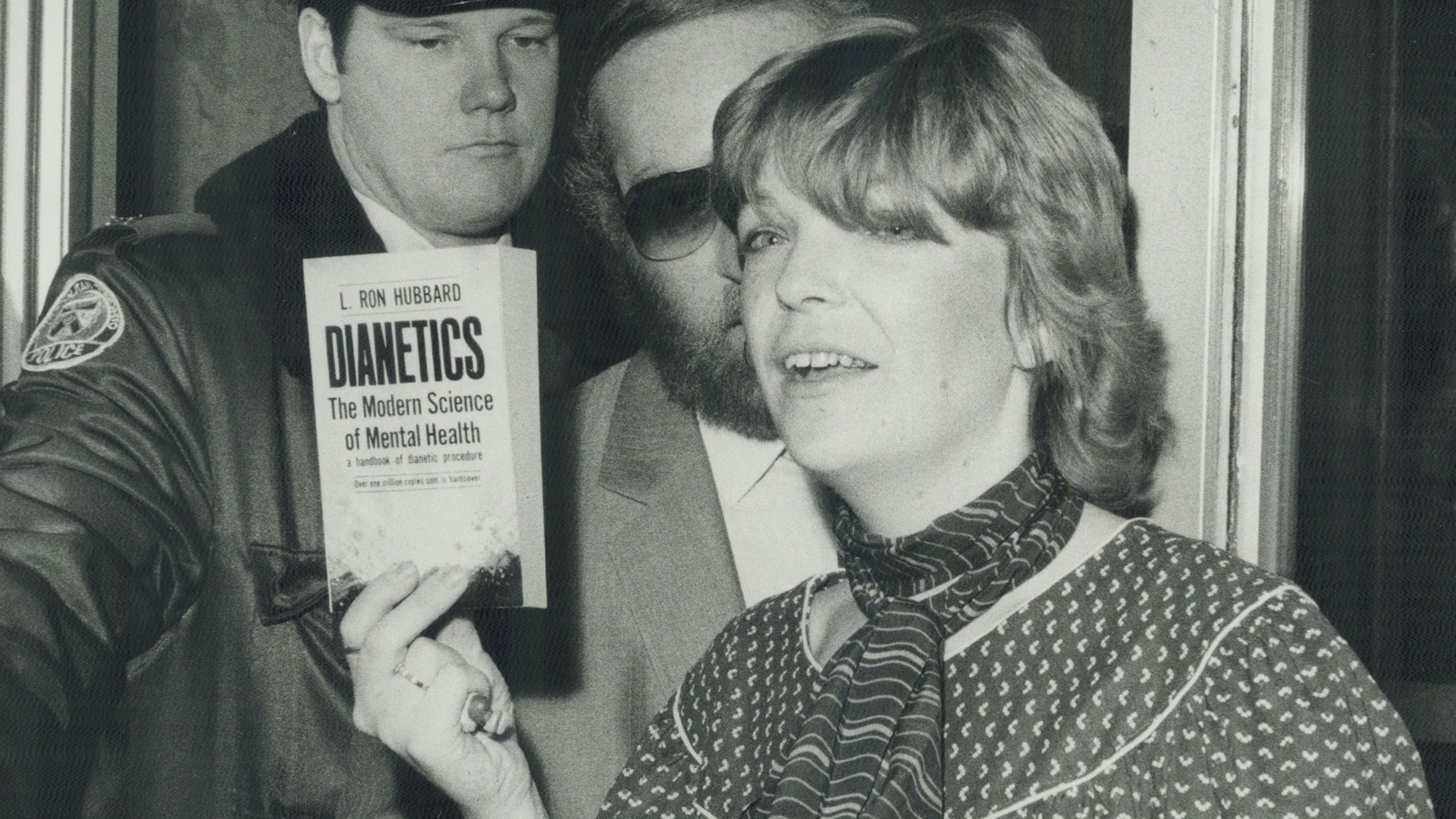Dianetics - Truths
Dianetics - Truths
Blog Article
The Best Strategy To Use For Dianetics
Table of ContentsThe smart Trick of Dianetics That Nobody is DiscussingThe Ultimate Guide To DianeticsNot known Details About Dianetics Dianetics Things To Know Before You Get This
I couldn't ever not intend to receive anything that comes to mind for you- if it was otherwise, I wouldn't be resting below with you, doing this. I not only could never have a trouble, or otherwise intend to hear something that comes to mind for you, but I'm totally excited to understand every idea, every thought, every image or sensation that emerges or manifests for you- do not ever think or else, and if for one reason or another you do, please just allow me know! Sometimes, you might have a thought, and image, concept or event appear that does not seem to answer the concern, or associate with it, yet nonetheless, constantly do tell me about it, and as we proceed, the relevance will certainly emerge for you.This is inherent in the basis of handling, and the subject of this discussion: the fundamental roles of the therapist and the client: The standard duty of the therapist is, as opposed to "basic training", not to manage, which means to impose and/or hinder, yet to rather work from the basis of EMPOWERING THE CUSTOMER.

Things about Dianetics
John Mcmasters shared this fundamental truth wonderfully well in one of his talks on Power handling, where he describes how he was asked what this "unique flair" was that he had for providing such fantastic sessions; he needed to think of that for a minute, and identified that it was what he wasn't doing, as well as what he was doing: he wasn't evaluating, judging, computing, or in truth, creating any thoughts, let alone verbal expressions, after providing the command and while awaiting the computer to complete their response to their contentment; he was, simply and only, existing with the computer, and entirely interested.
The duty of the counselor, demonstrated; that was his "unique flair". I have actually had my own experience which instructed me this well, extremely early in the game. In 1982, having just recently completed my training and teaching fellowship on New Period Dianetics, I was running this on a PC, and there was a point in the session where (being a bit damp behind the ears not yet having many hours under my belt as a professional auditor) the computer appeared to be "taking as well long" to reveal anything vocally after I gave him a command.
This secret turned out to be one of the most beneficial payment that John ever made to the subject of treatment or auditing (Dianetics). In my simple point of view, it is the biggest contribution that anybody has ever made see this site to these subjectsthe application is totally non-judgemental, non-evaluative, and lacking any idea, suggestions or opinion.no preconditioned schedule for people, or 'levels' that they must do
In Scientology we prided ourselves on not assessing for individuals. All that actually indicated was that the auditor imp source did not VERBALLY evaluate for the Computer in session.
Dianetics Fundamentals Explained

Anybody that had ever before seen John audit could not assist but observe a distinct top quality in his auditing."The customer's basic role is to be there with the function of relocating the direction of their spiritual objectives, and to easily and totally express and experience whatever materializes for them in answering the concerns and performing the guidelines in the processing.
This is something to process as required. Additionally, people frequently have previous experience and/or indoctrination in auditing/processing which, in some means, and to some degrees, really deceives them right into perspectives, ideas and behavior patterns that stop the full realization of these functions, and so they will have a tendency to prevent the expressing of what comes to mind, as in the instances provided over look these up - Dianetics. * The first, and possibly leading examples of mis-indoctrination bring about much less than totally smooth and effective sessions, can be discovered in certain aspects of the training routines, or "TR's":"TR's" are frequently a person's first, or a minimum of early, experience in Scientology, and while I will certainly take place to clarify what I view as the flaws in concept and method, nonetheless, have a tendency to be greatly healing, done as they are provided (Hubbard urges that "TR's are not processing, they are educating", however factually, they are both handling AND training)
Alan Walter made comparable observations, and enhanced these with his "Existence Processes". There is no "flunking", and no denial of the fact of this being processing. The emphasis, as it must be, is on experiencing the other individual's visibility. All the indications which get a "flunk" in doing "TR-0" are merely the being's efforts to stand up to the various other individual's existence, and rather than being harassed and badgered with "Flunk", which imposes "failure!" on the being, one merely needs to be motivated to "stick their feet in the water a little deeper", to increasingly restore their capability and readiness to fully share and experience "being here", or "presence", with others.
Some Known Details About Dianetics

Report this page